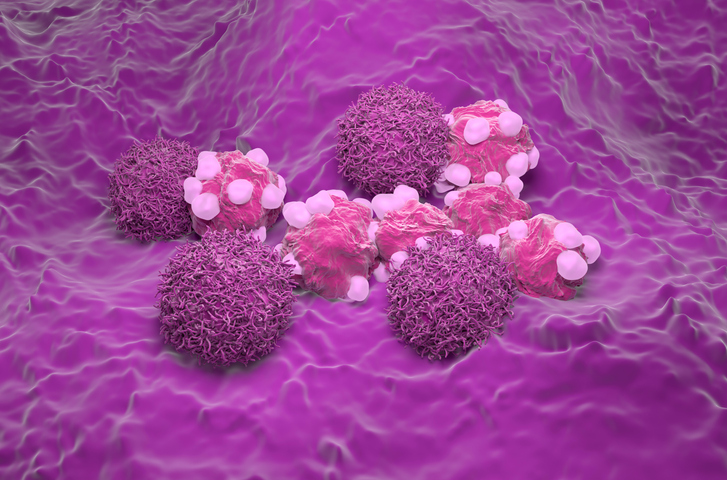One woman worldwide dies every two minutes due to cervical cancer — a treatable and preventable disease –said the UN on Monday on the first official World Cervical Cancer Elimination Day.
The day — November 17 — was designated by the Seventy-eighth World Health Assembly (WHA78.8) to raise awareness of the disease, and to expand access to HPV vaccination, high-performance screening, and treatment services.
“Every two minutes, a woman dies from cervical cancer. Access to screening, vaccination, and treatment is key to ending this preventable disease,” the UN shared in a post on the social media platform X.
“Cervical cancer can be prevented. In addition to vaccination, regular screening of women and treatment of pre-cancerous lesions protect from cancer,” added the World Health Organization (WHO).
According to the WHO, cervical cancer is the fourth most common cancer in women globally, with around 660,000 new cases and around 350,000 deaths in 2022.
Notably, nine in 10 of these deaths occur in the poorest countries, with inadequate access to vaccination, screening, and treatment.
Cervical cancer is caused by persistent infection with the human papillomavirus (HPV). Women living with HIV are six times more likely to develop cervical cancer compared to women without HIV.
However, cervical cancer can be cured if diagnosed at an early stage and treated promptly.
Prophylactic vaccination against HPV and screening and treatment of pre-cancer lesions are effective strategies to prevent cervical cancer and are very cost-effective.
The theme this year is “Act Now: Eliminate Cervical Cancer”. It calls for bold, united action to build on existing progress and accelerate impact toward the 90-70-90 targets by 2030.
The target is to vaccinate 90 per cent of girls against HPV by age 15; screen 70 per cent of women with a high-performance test by age 35 and again at 45; and provide treatment to 90 per cent of women with cervical disease.
Elimination is within reach if we act now, together — ensuring every girl is protected through HPV vaccination and every woman has access to prevention, screening, and care,” the WHO said.
-IANS














